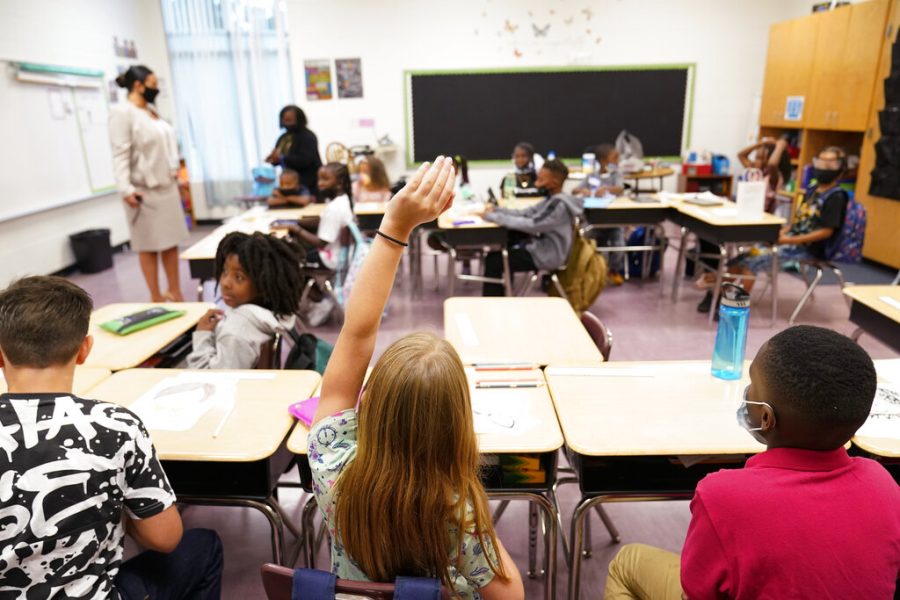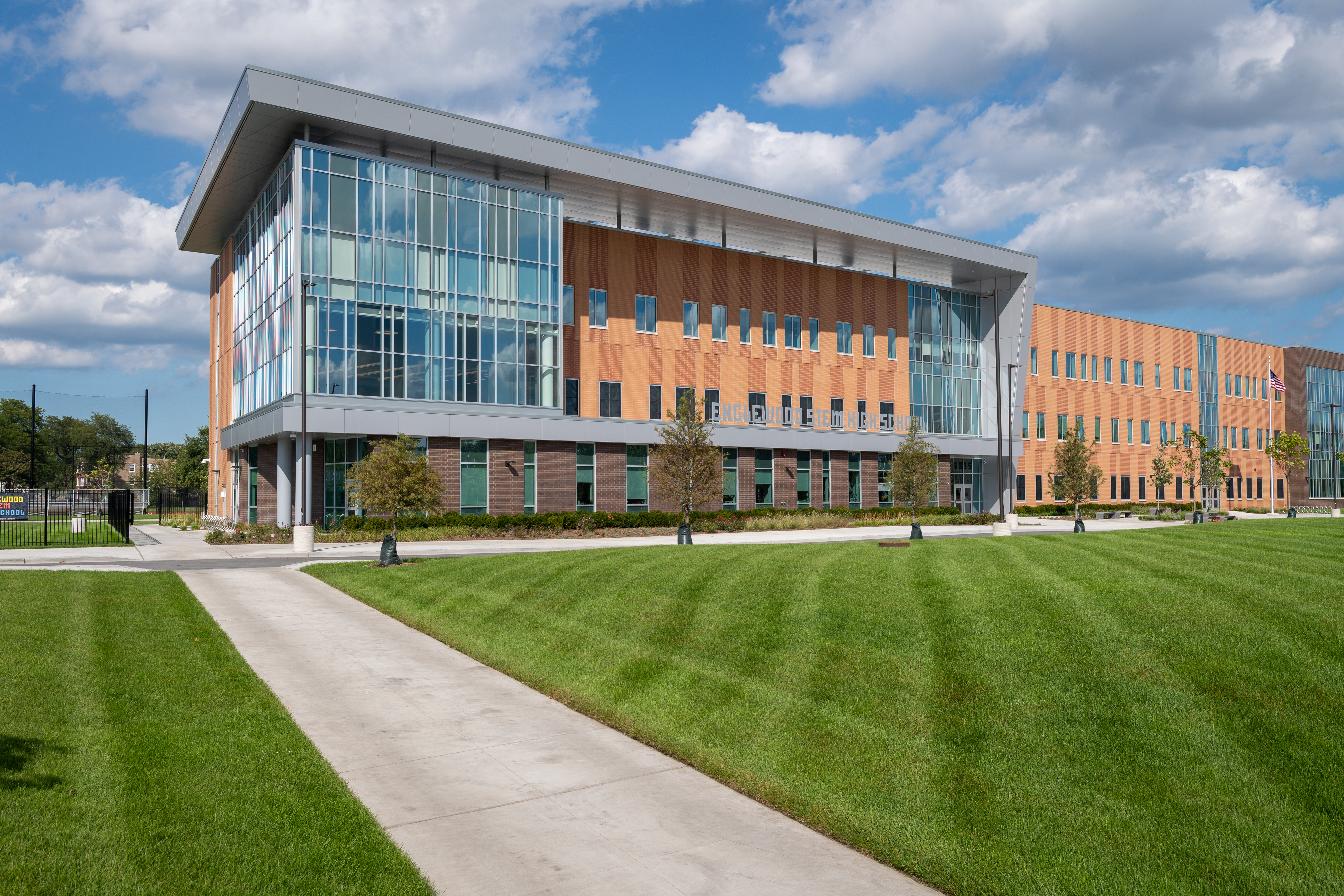Join the Activity to Save Temecula Schools: Community Action Needed!
Join the Activity to Save Temecula Schools: Community Action Needed!
Blog Article
Recognizing the Value of Schools in Kid Development and Area Growth
Schools' engagement with neighborhood areas via service-learning campaigns enhances the bond between families and educational institutions. This symbiotic relationship highlights the importance of institutions in supporting energetic citizenship and long-lasting learning practices.
Academic Accomplishment
Academic success functions as a foundation of child development, supplying the structure upon which future learning and success are developed. Institutions play an essential role in cultivating this academic growth, offering organized environments where kids can obtain essential expertise and cognitive skills. Standardized educational program make sure that students gain efficiency in core subjects such as mathematics, scientific research, and language arts, which are important for both higher education and expert opportunities.
Along with giving fundamental academic skills, institutions also grow vital reasoning, analytic abilities, and intellectual curiosity. These cognitive expertises are vital for browsing complicated real-world circumstances and adjusting to the ever-evolving demands of the modern-day work environment. Educators, as facilitators of understanding, employ varied pedagogical techniques to provide to different understanding styles, thereby making the most of specific student potential.
Additionally, academic success is closely linked to self-confidence and inspiration. Children who experience scholastic success are more probable to create a favorable self-concept and a long-lasting interest for knowing. Schools also use various sources, such as collections and technology, which additionally improve the educational experience and prepare students for a technologically sophisticated culture.
Social Skill Growth
Beyond scholastic achievement, the role of colleges in social ability growth is vital. Schools function as a key place for kids to find out and practice essential social abilities such as communication, collaboration, and problem resolution. In the organized environment of a classroom, pupils communicate with peers, teachers, and other college staff, using countless possibilities to develop these essential capacities.
Effective social ability growth in institutions is assisted in through team activities, collaborative projects, and extracurricular programs. These communications aid trainees understand social standards, develop empathy, and foster a feeling of neighborhood. Group tasks teach pupils how to work with each other towards an usual objective, listen to different point of views, and browse arguments constructively.

The cultivation of social skills throughout academic year lays a structure for future individual and specialist relationships. Save Temecula Schools. As students mature, the capability to properly interact and collaborate ends up being significantly vital, highlighting the college's essential function in holistic kid advancement
Exposure to Diversity
Exposure to diversity in colleges is basic to fostering an inclusive mindset and widening trainees' viewpoints. Schools act as a microcosm of the wider culture, and experiencing varied societies, languages, and socioeconomic backgrounds within this environment equips students with important abilities for browsing a progressively globalized pop over to this site world. This exposure encourages compassion, minimizes bias, and promotes shared respect among peers.
Research indicates that students that interact with peers from different histories display better analytical abilities and imagination. This understanding of variety prepares pupils for future work environments that value modern proficiency - Save Temecula Schools.

Area Involvement
The advantages of diverse classrooms prolong beyond the school wall surfaces, cultivating a strong feeling of neighborhood engagement amongst trainees. By connecting with peers from different social, socioeconomic, and ethnic backgrounds, students gain a wider viewpoint and an admiration for variety. This direct exposure urges them to come to be active residents who are prepared to contribute positively to their neighborhoods.
Schools that emphasize community involvement typically include service-learning jobs, which enable trainees to deal with real-world problems while applying scholastic abilities. These jobs not only boost pupils' understanding of their coursework however likewise instill a sense of responsibility and compassion. Collaborations in between colleges and regional companies supply students with my explanation chances to participate in area events, better solidifying their role as aggressive community participants - Save Temecula Schools.
Furthermore, parental and community participation in colleges strengthens the bond in between educational organizations and the areas they offer. Via these efforts, institutions play a crucial duty in nurturing neighborhood engagement and promoting societal growth.
Lifelong Discovering Behaviors
Developing lifelong knowing routines is essential for a youngster's constant growth and versatility in an ever-changing globe. Institutions play a critical duty in instilling these habits by creating an environment that fosters inquisitiveness, essential reasoning, and a love for expertise. Via diverse curricula and after-school activities, instructors urge trainees to check out various subjects, analyze details seriously, and use their finding out to real-world scenarios.

Additionally, schools offer an organized setting where children can establish self-control and time monitoring skills, both of which are vital for continuous knowing. By stressing the importance of setting goals, reviewing progression, and adjusting strategies, educational organizations prepare trainees to browse the intricacies of adult life, ensuring they stay long-lasting students and contributors to culture.
Final Thought
In conclusion, colleges are crucial in cultivating kid development and area growth by providing settings helpful to scholastic achievement, social ability development, and direct exposure to diversity. Inevitably, institutions cultivate long-lasting learning practices, equipping people with the required expertise and skills to add favorably to culture.
In the structured environment of a class, pupils communicate with peers, educators, and various other college staff, using numerous chances to create these crucial capacities.
In essence, exposure to variety within colleges not only enhances individual trainees yet additionally enhances the social textile of the community as a whole.
The benefits of diverse classrooms expand past the school walls, cultivating a solid sense of neighborhood interaction amongst trainees.Schools that highlight neighborhood involvement typically integrate service-learning jobs, which allow students to deal with real-world problems while applying scholastic abilities. Partnerships between colleges and regional companies offer trainees with opportunities to get involved in area occasions, even more solidifying their function as positive community participants.
Report this page